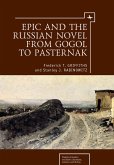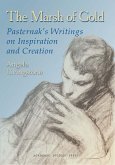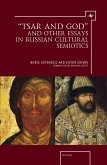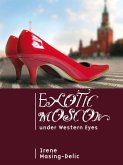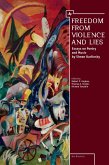For several decades David Bethea has written authoritatively on the "mythopoetic thinking" that lies at the heart of classical Russian literature, especially Russian poetry. His theoretically informed essays and books have made a point of turning back to issues of intentionality and biography at a time when authorial agency seems under threat of "erasure" and the question of how writers, and poets in particular, live their lives through their art is increasingly moot. The lichnost' (personhood, psychic totality) of the given writer is all-important, argues Bethea, as it is that which combines the specifically biographical and the capaciously mythical in verbal units that speak simultaneously to different planes of being. Pushkin's Evgeny can be one incarnation of the poet himself and an Everyman rising up to challenge Peter's new world order; Brodsky can be, all at once, Dante and Mandelstam and himself, the exile paying an Orphic visit to Florence (and, by ghostly association, Leningrad).This sort of metempsychosis, where the stories that constitute the Ur-texts of Russian literature are constantly reworked in the biographical myths shaping individual writers' lives, is Bethea's primary focus. This collection contains a liberal sampling of Bethea's most memorable previously published essays along with new studies prepared for this occasion.
Dieser Download kann aus rechtlichen Gründen nur mit Rechnungsadresse in A, D ausgeliefert werden.



